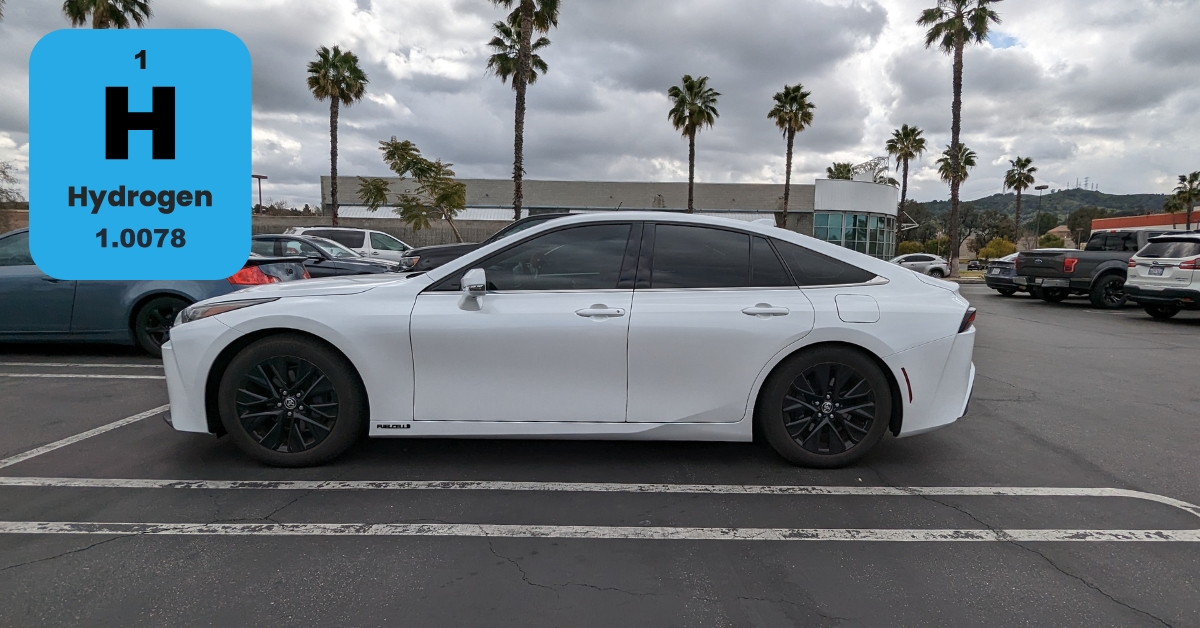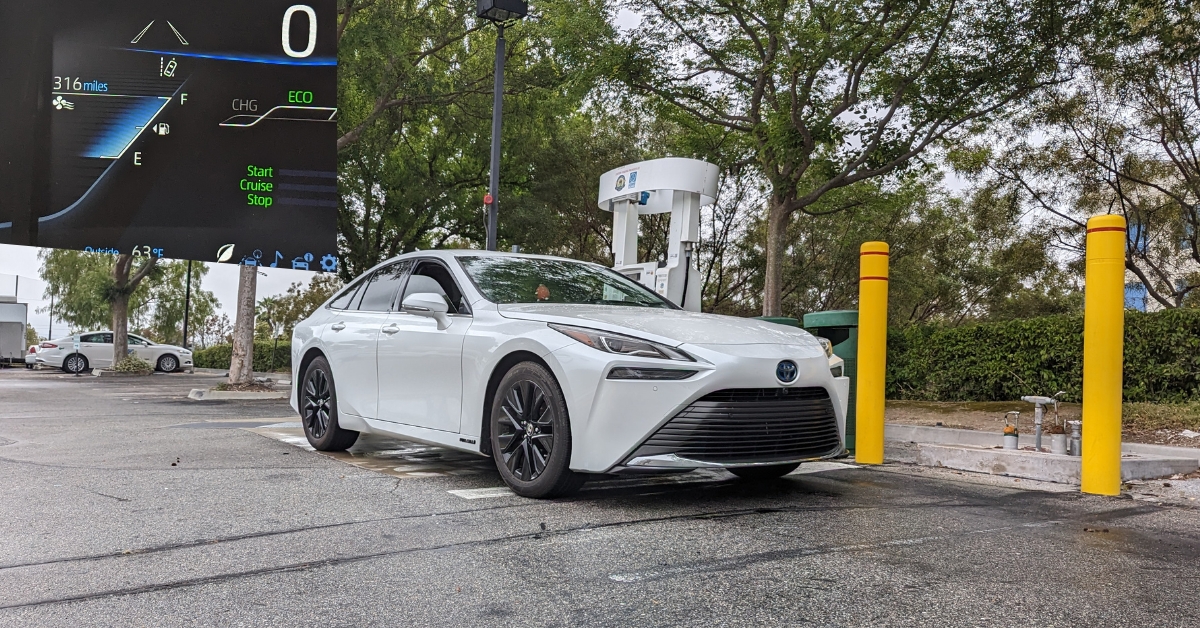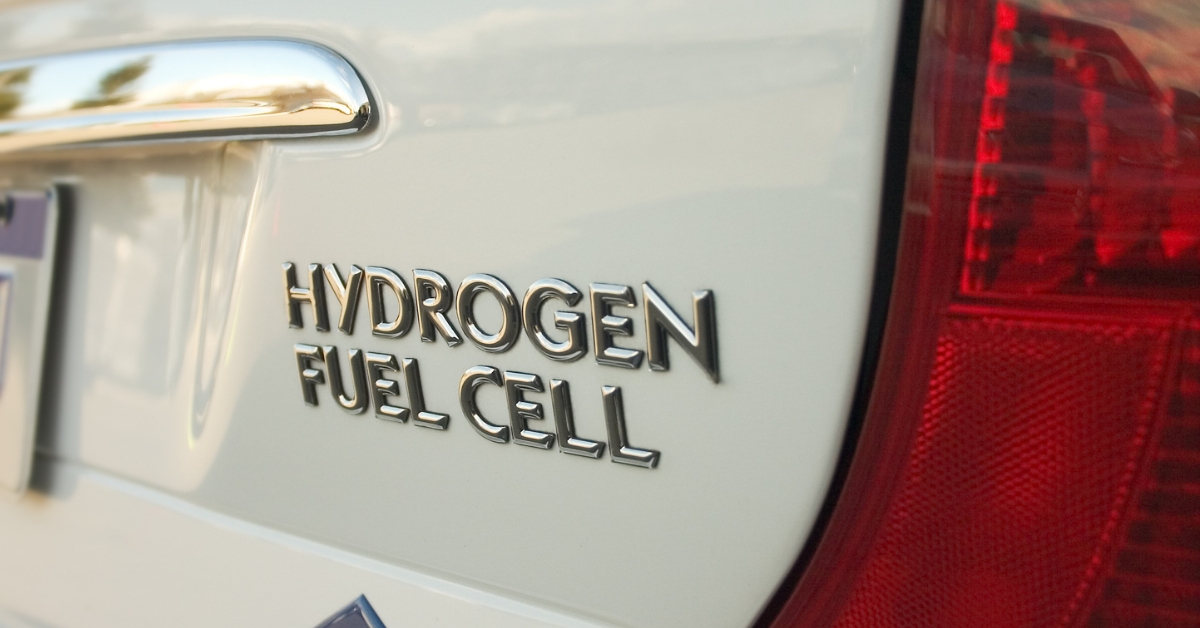With the growing concern for the environment and the need to transition to cleaner energy sources, hydrogen cars have emerged as a promising alternative to traditional fossil fuel-powered vehicles. Utilizing hydrogen fuel cells to produce electricity, these vehicles offer a host of benefits that can revolutionize the automotive industry and pave the way for a sustainable future. In this article, we will explore the advantages of hydrogen cars and delve into the reasons why they hold immense potential for transforming the way we commute.
- Zero Emissions, Minimal Environmental Impact: One of the most significant advantages of hydrogen cars is their zero tailpipe emissions. When hydrogen reacts with oxygen in the fuel cell, the only byproduct produced is water vapor, making these vehicles completely emission-free. Unlike internal combustion engines, hydrogen cars do not release harmful pollutants such as carbon dioxide, nitrogen oxides, or particulate matter, thus contributing to improved air quality and reducing the impact of climate change.
- Abundant and Renewable Fuel Source: Hydrogen, the fuel used in hydrogen cars, is the most abundant element in the universe. It can be obtained from diverse sources, including water, biomass, and even renewable energy sources such as solar or wind power. Unlike fossil fuels, which are finite and contribute to environmental degradation, hydrogen can be produced sustainably, ensuring a continuous supply of fuel for hydrogen cars.
- Energy Efficiency: Hydrogen fuel cells are significantly more efficient than internal combustion engines. While conventional vehicles convert only about 20-30% of the energy stored in fuel into mechanical energy, hydrogen cars can achieve efficiency levels as high as 60%. This increased efficiency translates into better mileage and reduced energy consumption, making hydrogen cars an appealing option for long-distance travel and reducing dependence on fossil fuels.
- Fast Refueling and Extended Driving Range: One common concern with electric vehicles is the time it takes to recharge their batteries. Hydrogen cars, on the other hand, can be refueled quickly, taking just a few minutes, similar to traditional gasoline or diesel cars. Moreover, hydrogen cars offer an extended driving range, typically exceeding that of battery electric vehicles. This combination of fast refueling and longer range makes hydrogen cars more convenient and practical for everyday use, particularly for those who require frequent long-distance travel.
- Versatility and Energy Storage: Hydrogen can be used in various applications beyond transportation. Excess renewable energy generated from wind or solar power can be utilized to produce hydrogen through electrolysis, offering a means of energy storage. This stored hydrogen can later be used for generating electricity, heating buildings, or powering other applications, thereby facilitating the integration of renewable energy sources into the existing grid infrastructure.
- Enhanced Safety Measures: Safety is a paramount concern when it comes to alternative fuel vehicles. Hydrogen cars are equipped with rigorous safety measures to ensure secure usage. Fuel tanks are built with high-strength materials, capable of withstanding extreme pressures and impacts. Additionally, hydrogen fuel dissipates quickly into the atmosphere in case of a leak, minimizing the risk of fire or explosion. The automotive industry has implemented stringent safety standards and regulations to address any potential concerns associated with hydrogen-powered vehicles.
Hydrogen cars present a compelling alternative to conventional vehicles, addressing the environmental challenges posed by fossil fuels and offering a sustainable solution for transportation. With their zero emissions, abundance, and versatility, hydrogen cars contribute to cleaner air, reduced greenhouse gas emissions, and enhanced energy efficiency. As the world continues its transition towards a low-carbon future, hydrogen cars hold immense potential in shaping a more sustainable and greener automotive industry. With ongoing advancements in technology and infrastructure development, hydrogen cars may soon become a common sight on our roads, revolutionizing the way we travel while





